
Retrospective and real-world registry studies may be necessary to guide clinical decision-making for rarer lymphomas with insufficient prospective data.

Your AI-Trained Oncology Knowledge Connection!


Retrospective and real-world registry studies may be necessary to guide clinical decision-making for rarer lymphomas with insufficient prospective data.

Extravasation results in exposing healthy tissue to radiation, which can be highly dosed depending on the isotope used for treatment.

End-of-life demands card game and mindfulness-based cancer recovery program use may enhance the quality of life for patients with lung cancer.

Multivariate analysis showed consolidative thoracic radiotherapy improved OS/PFS vs control patients with ES-SCLC, with respective HRs of 0.53 and 0.90.
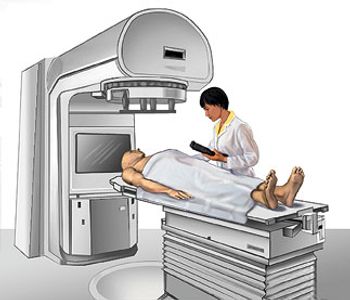
Patients with painful lesions who did not undergo treatment with opioids or reirradiation generally had better outcomes than those who did.

Results from the DREAMM-7 and DREAMM-8 trials support the approval of belantamab mafodotin with chemotherapy in relapsed/refractory multiple myeloma.

William Kennedy, MD, discussed modern radiosurgery techniques, technology selection, and the multidisciplinary approach for treating complex CNS tumors.

Pooled results from the TRUST-I and TRUST-II trials showed that taletrectinib led to infrequent neurological TEAEs in patients with ROS1-positive NSCLC.

Administering 177Lu for mCRPC is a “team sport”, according to Steven Finkelstein, MD, DABR, FACRO.
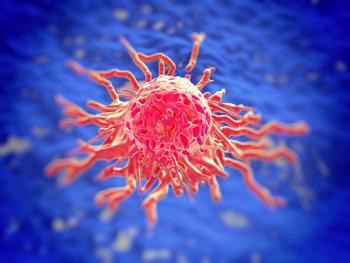
Personalized therapeutic approaches and novel, targeted medicines can help patients with epithelial sarcoma attain better survival outcomes.

Diagnostic developments using aberrances in biomarker testing may help enhance survival in patients with rare lymphoma subtypes.

Ongoing studies seek to evaluate immunotherapy in earlier lines of therapy for patients with early-stage Hodgkin lymphoma.

After the recent approval of 177Lu in PSMA+/mCPRCP prior to chemotherapy, Steven Finkelstein, MD, DABR, FACRO, highlights the importance of this milestone.

Topline results from the phase 1/2 BEXMAB trial showed “one of the strongest data sets ever seen” in treatment-resistant higher-risk MDS populations.
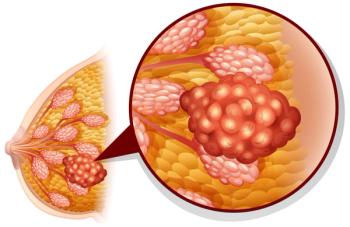
No treatment-related discontinuations have been observed related to Bria-IMT treatment for hormone receptor–positive breast cancer.

Strict inclusion criteria may disproportionately exclude racial minority populations from participating in breast cancer trials.
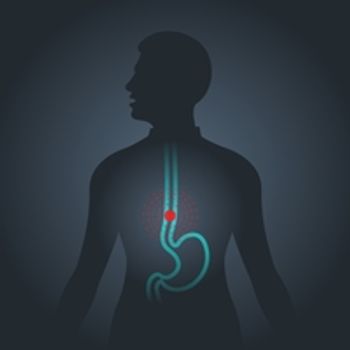
Immunotherapy combinations and targeted therapy options may help bridge clinical gaps in early-stage, locally advanced, and metastatic gastroesophageal adenocarcinomas.
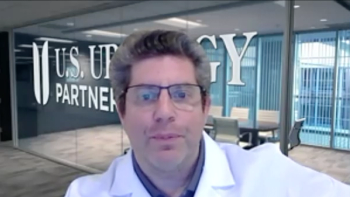
Steven Finkelstein, MD, DABR, FACRO, spoke about the impact of the approval of 177Lu for patients with PSMA-positive mCRPC.

Data from the phase 3 CEPHEUS trial support the European Commission’s approval of the daratumumab-based regimen.

Patient-reported adverse effects associated with tarlatamab appeared to be generally mild in the phase 2 DeLLphi-301 trial.
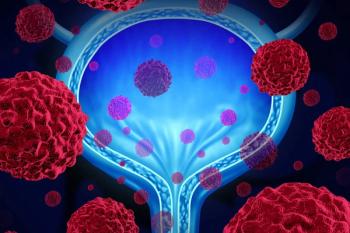
In quarter 1 of 2025, nogapendekin alfa inbakicept received regenerative medicine advanced therapy designation for lymphopenia.

Additional results from the phase 2 IPAX-Linz trial will be reported at the 2025 Nuclear Medicine and Neurooncology Symposium.

At the indication of the FDA and EMA, the phase 3 FLASH2 trial will further evaluate synthetic hypericin in early-stage cutaneous T-cell lymphoma.

Human saliva may hold antioxidants that are able to monitor the oral cavity's oxidative processes and offer guidance for the development of new drugs.

Higher social vulnerability index was independently associated with lower odds of meeting at least one quality criterion in treatment for PDAC.


The addition of chemotherapy to radiotherapy did not show significant improvements in OS when compared with radiotherapy alone in patients with intermediate-risk cervical cancer.

A paucity of prospective, well-vetted data to guide therapy in patients with rare lymphomas may result in a reliance on expert consensus guidelines.
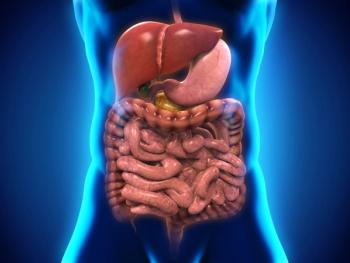
Although the overall incidence of colorectal adenocarcinoma is decreasing, the reduction is primarily associated with patients 55 years or older.

Results from the KEYNOTE-921 trial demonstrated that pembrolizumab with docetaxel did not elicit efficacy improvements vs placebo with docetaxel in prostate cancer.